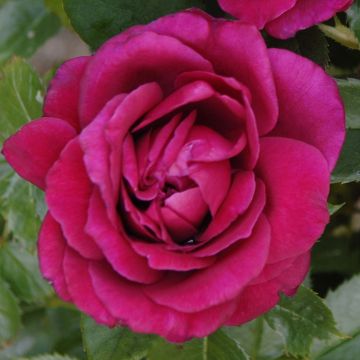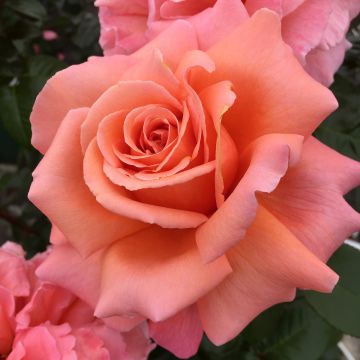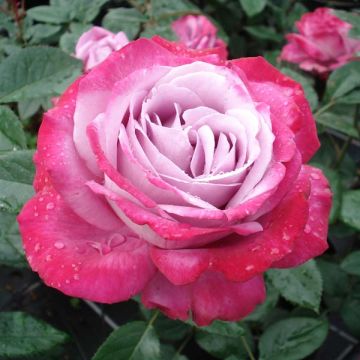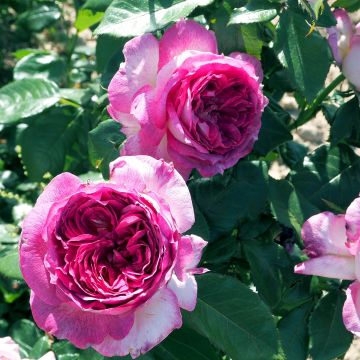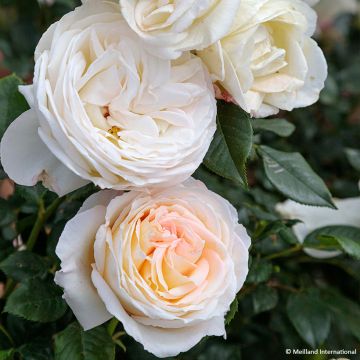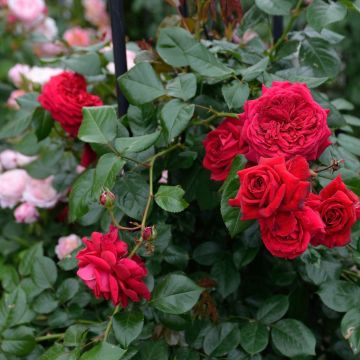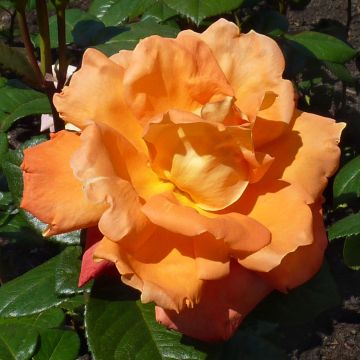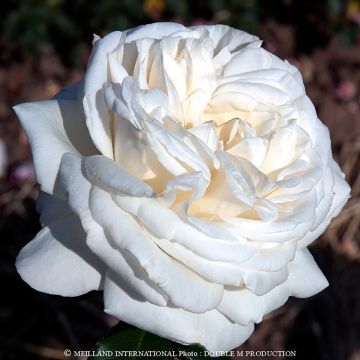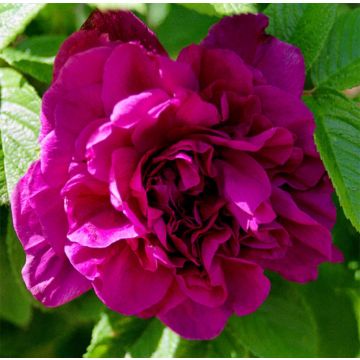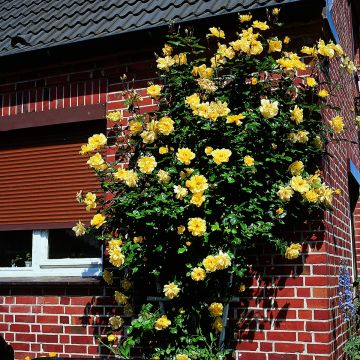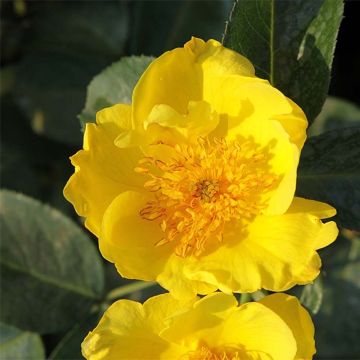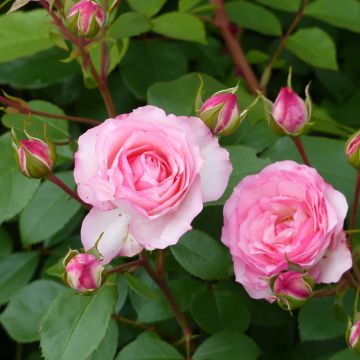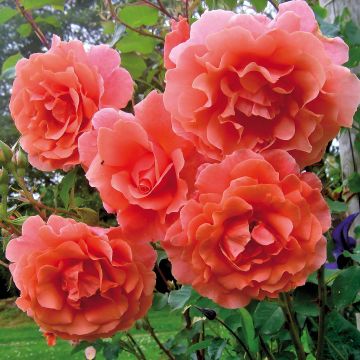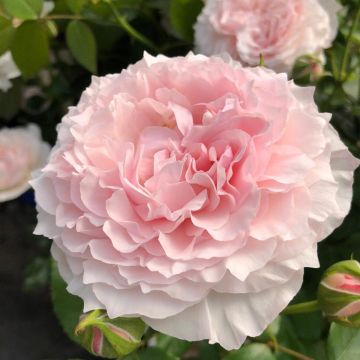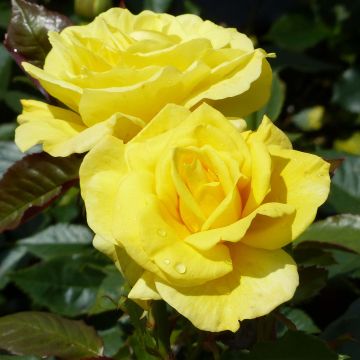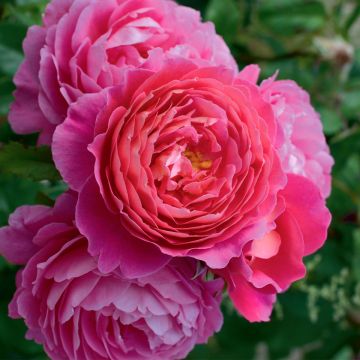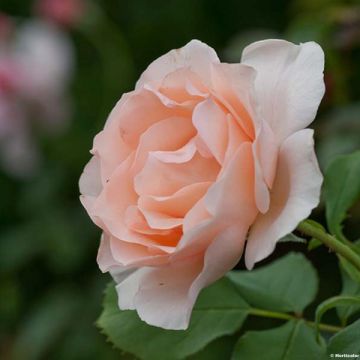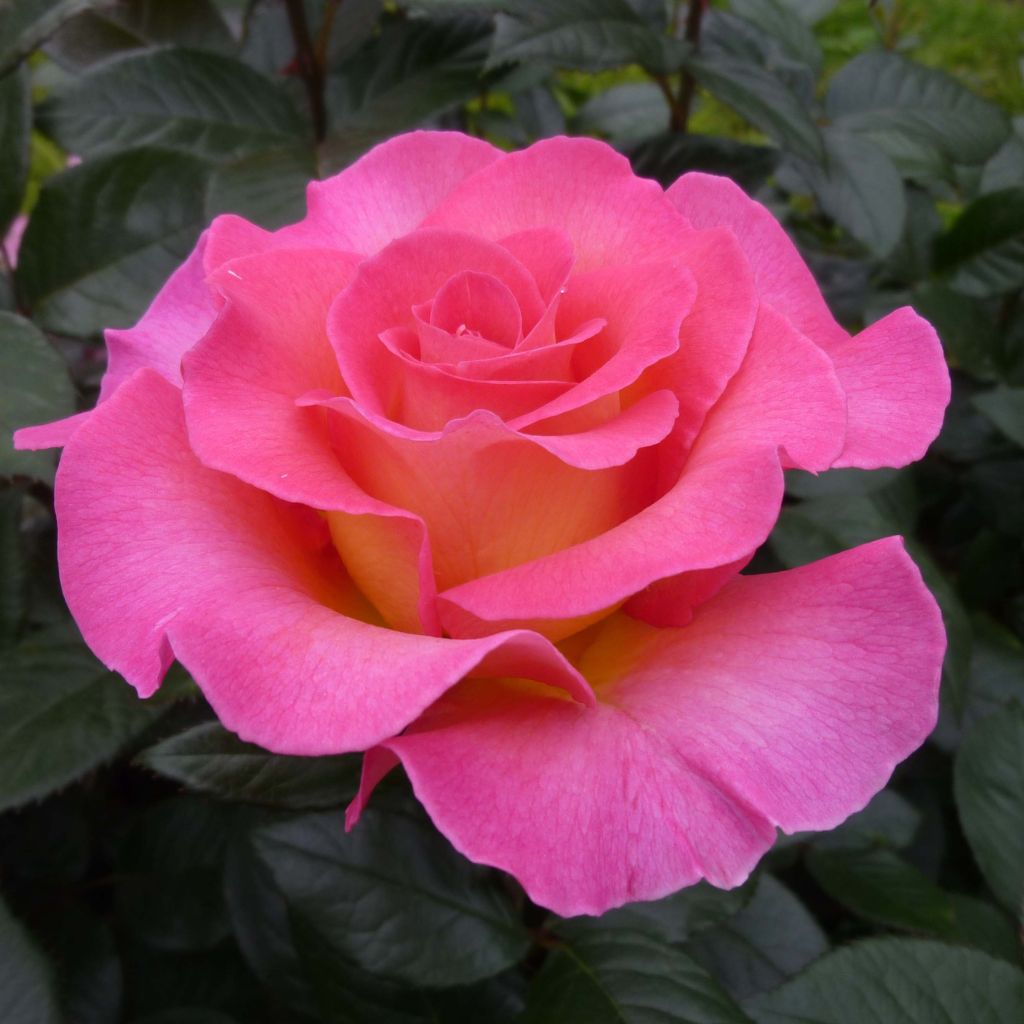

Rosa Pink Paradise
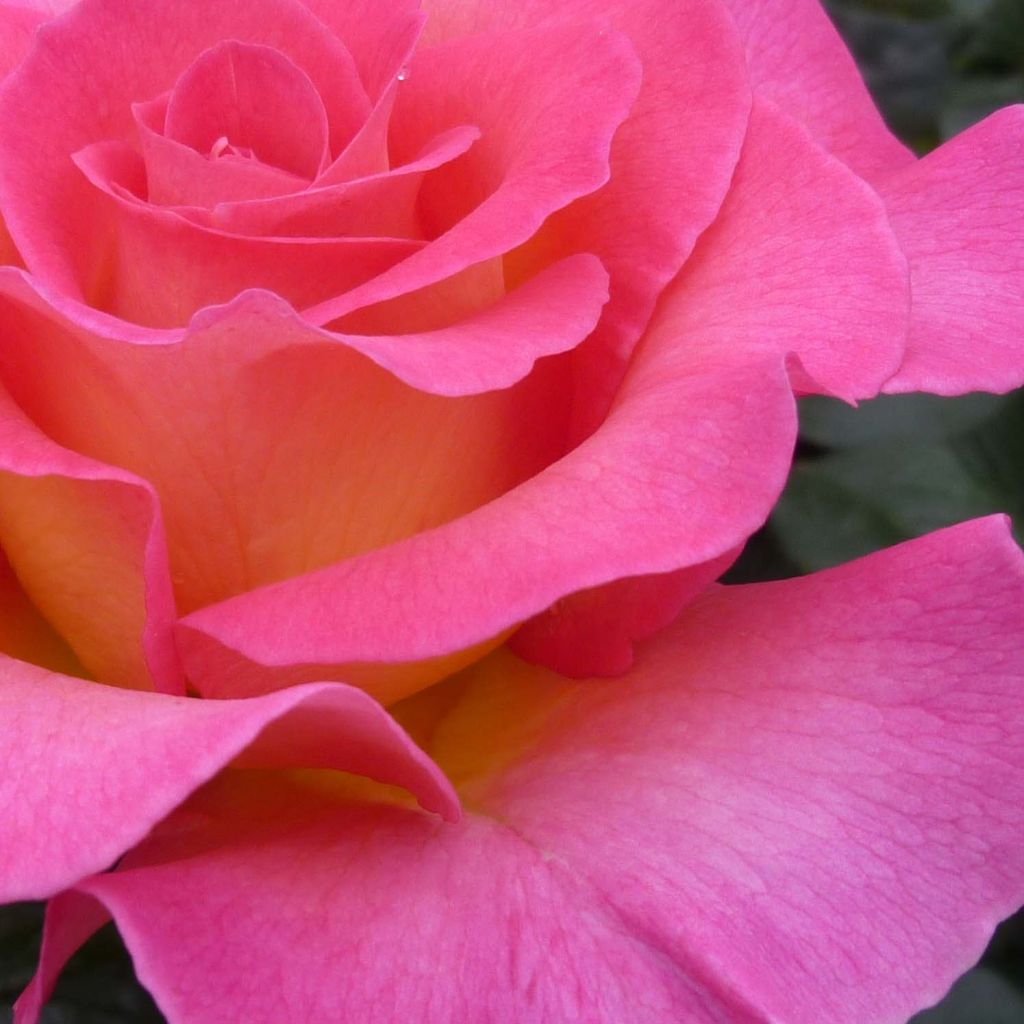

Rosa Pink Paradise
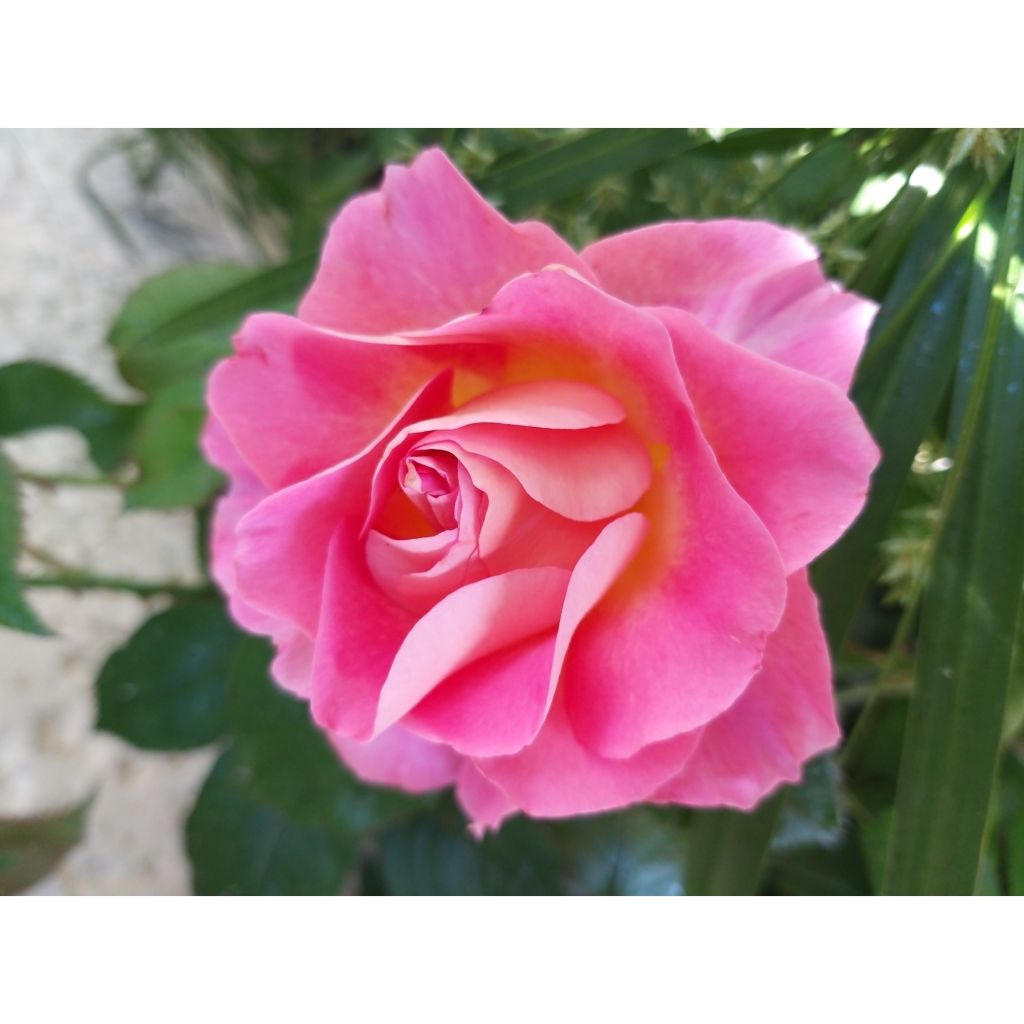

Rosa Pink Paradise
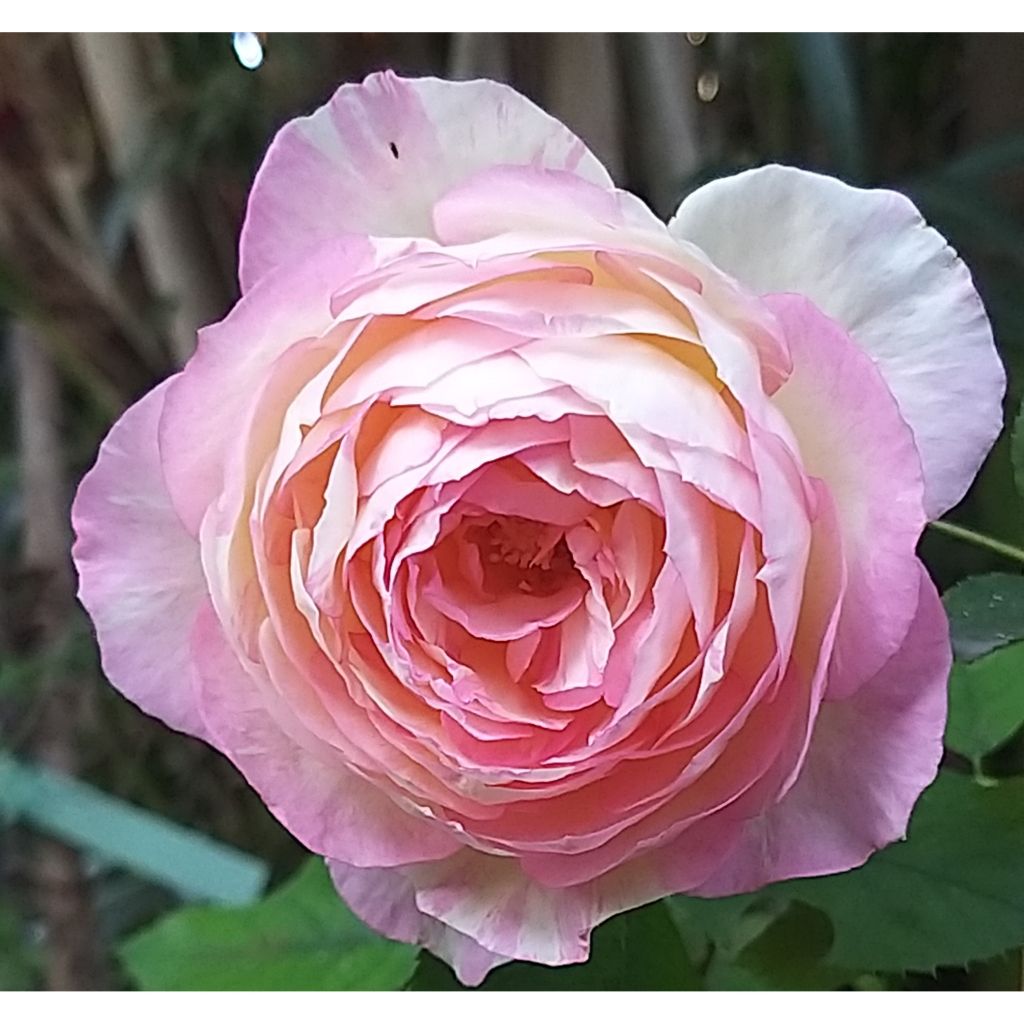

Rosa Pink Paradise
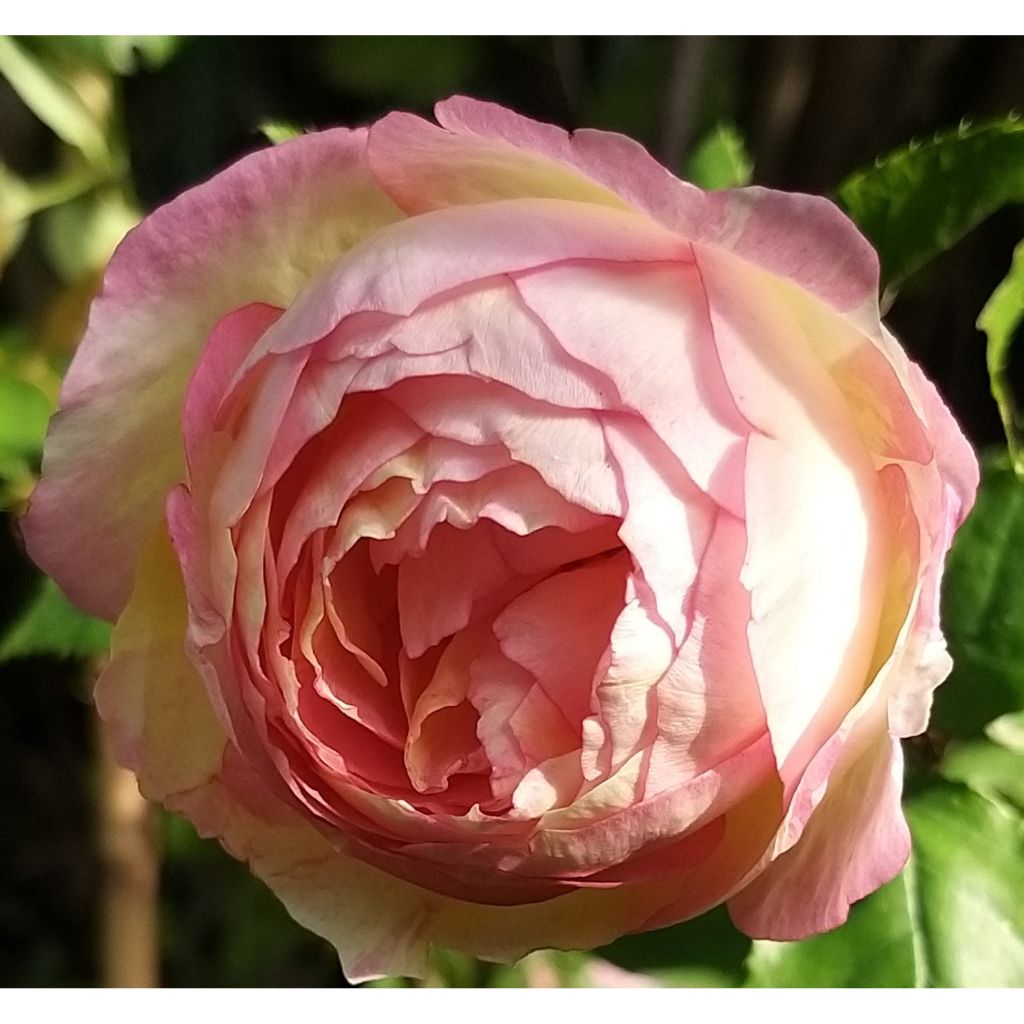

Rosa Pink Paradise
Rosa Pink Paradise
Rosa Pink Paradise® 'Delfluoro'
This item cannot be shipped to the selected country
Delivery charge from €5.90
Delivery charge from €5.90
Delivery to Corse prohibited
More information
Schedule delivery date,
and select date in basket
This plant carries a 24 months recovery warranty
More information
We guarantee the quality of our plants for a full growing cycle, and will replace at our expense any plant that fails to recover under normal climatic and planting conditions.
From €5.90 for pickup delivery and €6.90 for home delivery
Express home delivery from €8.90.
From €5.90 for pickup delivery and €6.90 for home delivery
Express home delivery from €8.90.
Delivery to Corse prohibited: UE law prohibits the import of this plant from mainland France to Corse as part of the fight against Xylella fastidiosa. Please accept our sincere apologies.
More information

Does this plant fit my garden?
Set up your Plantfit profile →
Description
Rosa Pink Paradise is a modern hybrid tea rose named after a famous Parisian club synonymous with voluptuousness and delicacy. It bears radiant roses with fuchsia-pink petals and apricot-yellow reverses that fade over time. These double flowers are beautifully curved. They exude a fragrance with subtle notes of spices and freshly cut grass. The natural disease resistance of this excellent variety has earned it the prestigious German ADR* label. These long-lasting flowers make charming scented bouquets throughout summer.
Rosa Pink Paradise was obtained by Delbard in 2011. It already boasts an impressive list of achievements. It holds no less than 7 medals, including the supreme consecration at the international competition in Lyon in 2011 where it was voted 'Rose of the Century', and a second place at the International Perfume Grand Prix in 2012. It is a modern bush rose with large clustered flowers. It is a vigorous shrub with an elegant and slender habit. It reaches about 80 to 90cm (32 to 35in) in height and 60cm (24in) in width at maturity. It has a rapid growth rate. It produces strong, thorny branches that bear dense foliage, with large serrated leaflets of a glossy dark green colour. The foliage is disease-resistant. From late spring to October, the plant produces waves of closely spaced buds with a sunny yellow colour edged in vibrant pink, which open into large, double, iridescent flowers revealing a golden stamen centre. The petals are a vibrant fuchsia-pink with a yellow reverse at first, before fading over time to reveal the romantic side of the flower as it gracefully unfolds. The flowers are gathered in bouquets of 5 to 7 at the end of long shoots from the current year or by those that emerge from 2-year-old stems. The rose will flower continuously if faded blooms are removed.
Rosa Pink Paradise is a voluptuous, seductive, and delicate rose, yet strong and generous. It only requires fertile and consistently moist soil to fully thrive. It can be placed alone in a small garden, integrated into a small flowering hedge, or planted in groups of 3 among low perennials such as violets, carnations, dwarf asters, or aubrietas. With its modest size, it is ideal for cultivation in a large pot. It blends well in low shrub borders with summer or autumn flowering shrubs, or mixed with light perennials and annuals such as sea kale, paniculate phlox, or tall foxgloves. It can be beautifully displayed in front of a boxwood or yew hedge, or surrounded by a miniature hedge or a carefully organised maze, as in Italian or French gardens. In beds or bouquets, its roses can be combined with white, soft yellow, or pink flowers.
* The ADR label is awarded to vigorous and floriferous roses that are resistant to diseases, cold, and parasites. These roses have been evaluated for 3 years in 11 rose gardens in Germany, distributed in various different climatic zones where no treatments are carried out. This label is a guarantee of high quality and hardiness.
Report an error about the product description
Rosa Pink Paradise in pictures
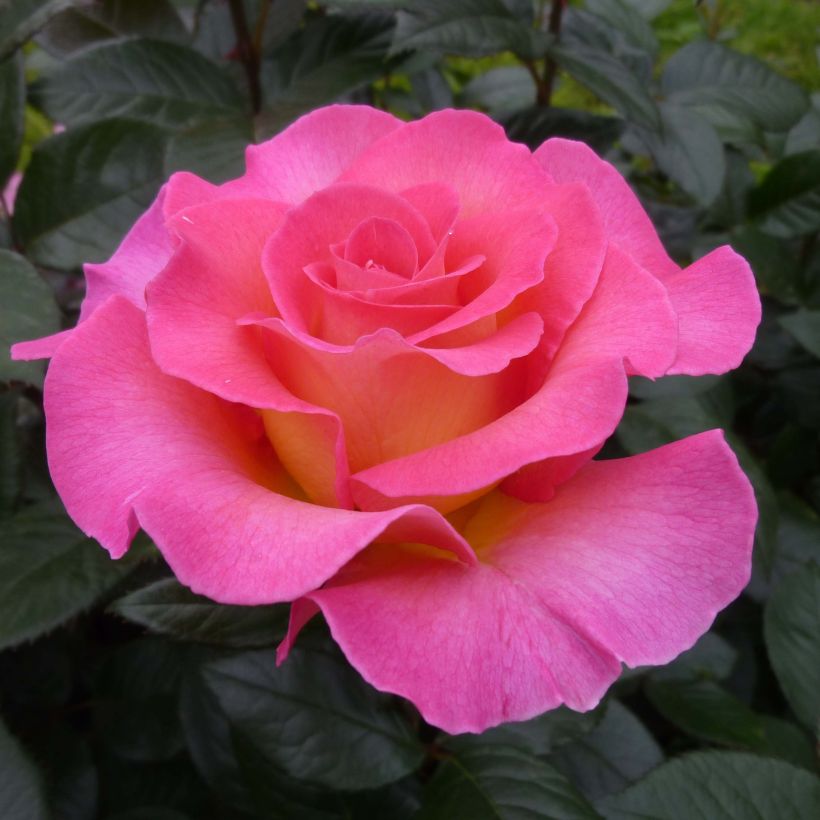

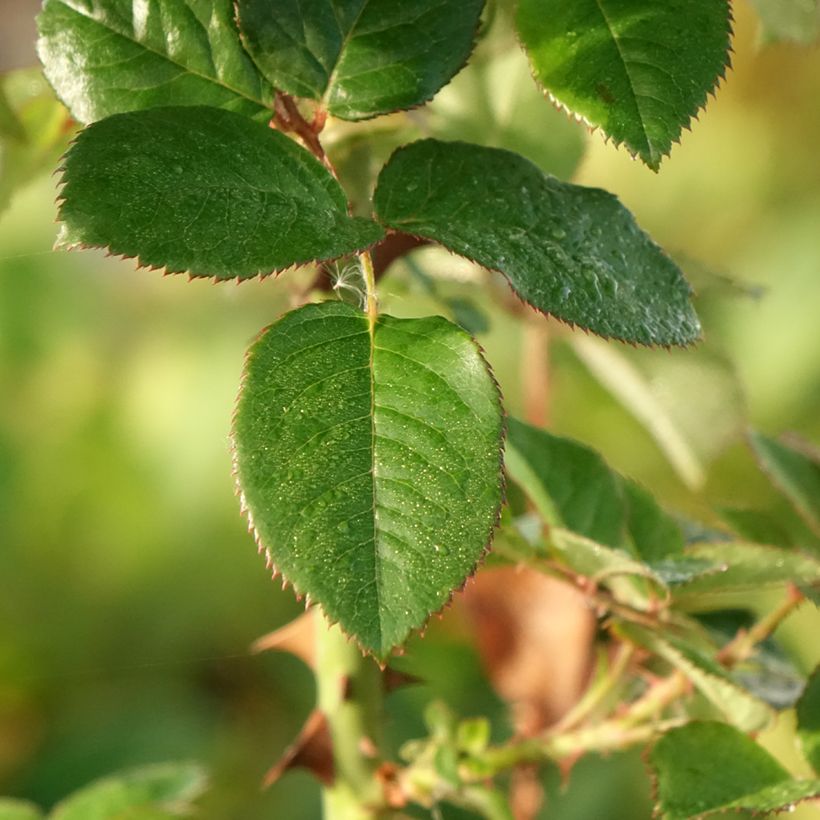

Plant habit
Flowering
Foliage
Botanical data
Rosa
Pink Paradise® 'Delfluoro'
Rosaceae
Cultivar or hybrid
Rosa multiflora (3L/4L pot), Rosa canina Laxa (Wrapped bare root)
Other Large-flower tea Roses
Planting and care
Plant in a sunny or partially shaded location. Modern roses are tolerant, but do not like excessive limestone. They will adapt to any garden as long as the soil is well worked, not too heavy, and sufficiently rich. To plant your rose, work the soil by crumbling it and add fertiliser to the bottom of the planting hole (dried blood or dehydrated horn, for example). Water generously after planting to remove any air pockets. Water regularly for a few weeks to facilitate root growth. Avoid pruning too short in the first two years.
Roses are often stained or unsightly at the end of summer, but this will not hinder their development. These spots are a natural phenomenon and will not harm the rose.
Planting period
Intended location
Care
-
, onOrder confirmed
Reply from on Promesse de fleurs
Roses by purpose
Haven't found what you were looking for?
Hardiness is the lowest winter temperature a plant can endure without suffering serious damage or even dying. However, hardiness is affected by location (a sheltered area, such as a patio), protection (winter cover) and soil type (hardiness is improved by well-drained soil).

Photo Sharing Terms & Conditions
In order to encourage gardeners to interact and share their experiences, Promesse de fleurs offers various media enabling content to be uploaded onto its Site - in particular via the ‘Photo sharing’ module.
The User agrees to refrain from:
- Posting any content that is illegal, prejudicial, insulting, racist, inciteful to hatred, revisionist, contrary to public decency, that infringes on privacy or on the privacy rights of third parties, in particular the publicity rights of persons and goods, intellectual property rights, or the right to privacy.
- Submitting content on behalf of a third party;
- Impersonate the identity of a third party and/or publish any personal information about a third party;
In general, the User undertakes to refrain from any unethical behaviour.
All Content (in particular text, comments, files, images, photos, videos, creative works, etc.), which may be subject to property or intellectual property rights, image or other private rights, shall remain the property of the User, subject to the limited rights granted by the terms of the licence granted by Promesse de fleurs as stated below. Users are at liberty to publish or not to publish such Content on the Site, notably via the ‘Photo Sharing’ facility, and accept that this Content shall be made public and freely accessible, notably on the Internet.
Users further acknowledge, undertake to have ,and guarantee that they hold all necessary rights and permissions to publish such material on the Site, in particular with regard to the legislation in force pertaining to any privacy, property, intellectual property, image, or contractual rights, or rights of any other nature. By publishing such Content on the Site, Users acknowledge accepting full liability as publishers of the Content within the meaning of the law, and grant Promesse de fleurs, free of charge, an inclusive, worldwide licence for the said Content for the entire duration of its publication, including all reproduction, representation, up/downloading, displaying, performing, transmission, and storage rights.
Users also grant permission for their name to be linked to the Content and accept that this link may not always be made available.
By engaging in posting material, Users consent to their Content becoming automatically accessible on the Internet, in particular on other sites and/or blogs and/or web pages of the Promesse de fleurs site, including in particular social pages and the Promesse de fleurs catalogue.
Users may secure the removal of entrusted content free of charge by issuing a simple request via our contact form.
The flowering period indicated on our website applies to countries and regions located in USDA zone 8 (France, the United Kingdom, Ireland, the Netherlands, etc.)
It will vary according to where you live:
- In zones 9 to 10 (Italy, Spain, Greece, etc.), flowering will occur about 2 to 4 weeks earlier.
- In zones 6 to 7 (Germany, Poland, Slovenia, and lower mountainous regions), flowering will be delayed by 2 to 3 weeks.
- In zone 5 (Central Europe, Scandinavia), blooming will be delayed by 3 to 5 weeks.
In temperate climates, pruning of spring-flowering shrubs (forsythia, spireas, etc.) should be done just after flowering.
Pruning of summer-flowering shrubs (Indian Lilac, Perovskia, etc.) can be done in winter or spring.
In cold regions as well as with frost-sensitive plants, avoid pruning too early when severe frosts may still occur.
The planting period indicated on our website applies to countries and regions located in USDA zone 8 (France, United Kingdom, Ireland, Netherlands).
It will vary according to where you live:
- In Mediterranean zones (Marseille, Madrid, Milan, etc.), autumn and winter are the best planting periods.
- In continental zones (Strasbourg, Munich, Vienna, etc.), delay planting by 2 to 3 weeks in spring and bring it forward by 2 to 4 weeks in autumn.
- In mountainous regions (the Alps, Pyrenees, Carpathians, etc.), it is best to plant in late spring (May-June) or late summer (August-September).
The harvesting period indicated on our website applies to countries and regions in USDA zone 8 (France, England, Ireland, the Netherlands).
In colder areas (Scandinavia, Poland, Austria...) fruit and vegetable harvests are likely to be delayed by 3-4 weeks.
In warmer areas (Italy, Spain, Greece, etc.), harvesting will probably take place earlier, depending on weather conditions.
The sowing periods indicated on our website apply to countries and regions within USDA Zone 8 (France, UK, Ireland, Netherlands).
In colder areas (Scandinavia, Poland, Austria...), delay any outdoor sowing by 3-4 weeks, or sow under glass.
In warmer climes (Italy, Spain, Greece, etc.), bring outdoor sowing forward by a few weeks.

































